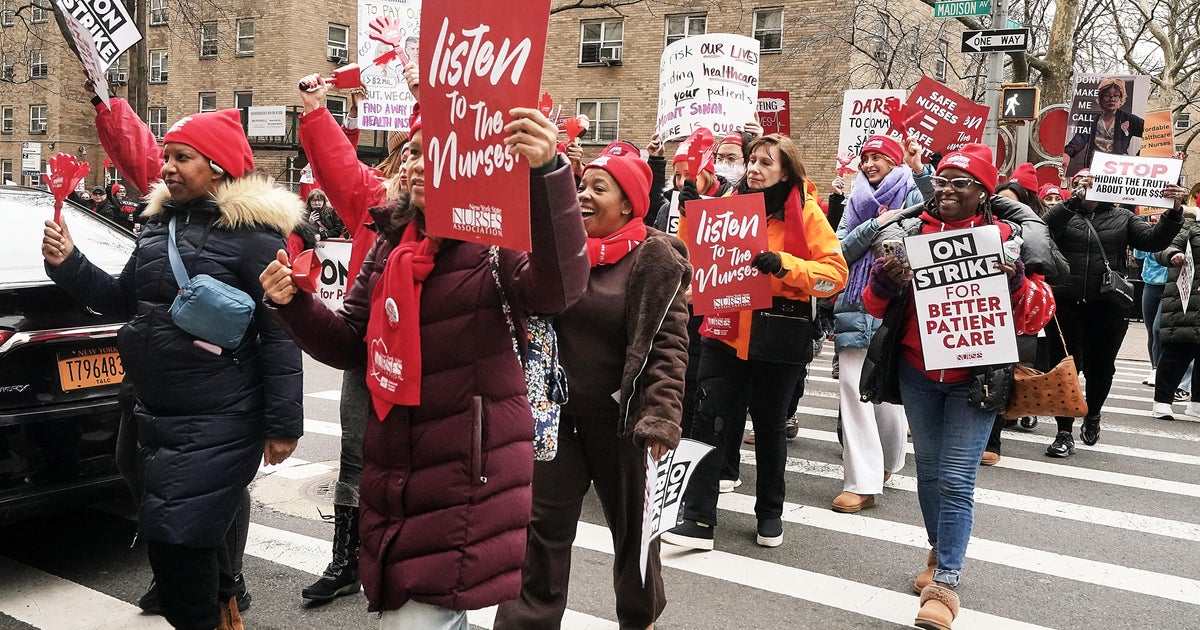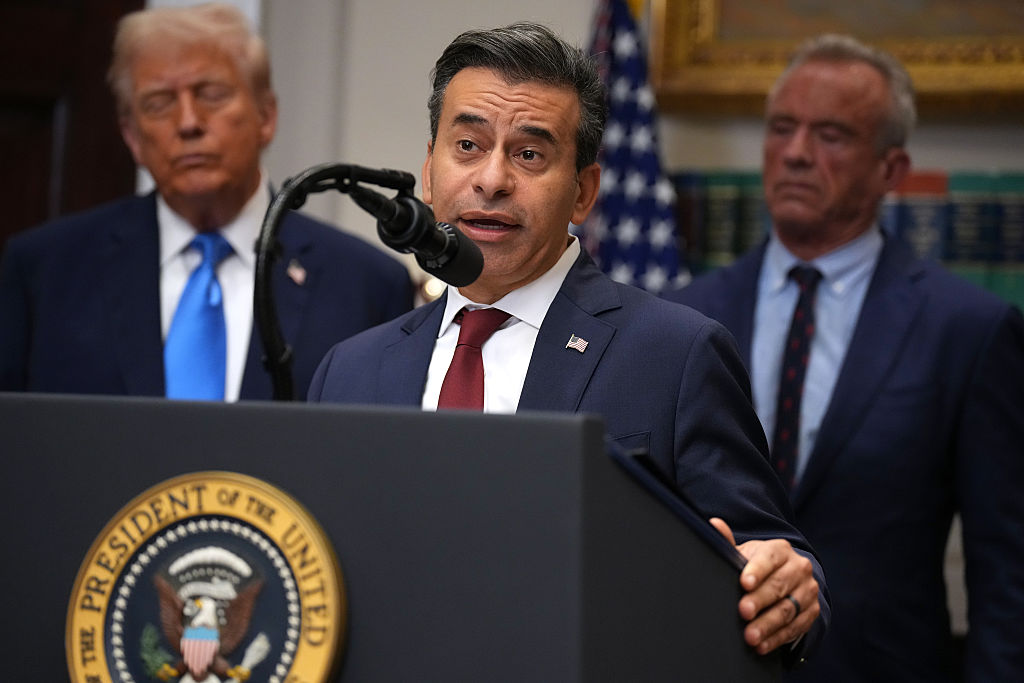During a pandemic, unions offer workers some protection, research shows
Belonging to a union is not a panacea for all that plagues workers during a pandemic, as many hospital and other workers short on protective gear can attest. Still, being covered by a collective bargaining does increase the chances of having medical coverage and paid sick time — benefits that are particularly important during a public health crisis — a new study finds.
Nearly all, or 94%, of workers covered by a union contract have access to employee-sponsored health benefits, compared to 68% of nonunion workers, according to recent research published by the Economic Policy Institute. Nine of 10 union workers are able to take paid time off when sick, compared to 73% of nonunion workers, the left-leaning think tank found.
Workers represented by organized labor are also more likely to have a financial cushion in weathering economic downturn, as they make 11.2% more on average than non-union workers in the same occupations with similar experience and education, EPI said.
Feds take a hands-off approach
The federal Occupational Safety and Health Administration has taken a hands-off approach in responding to the crisis. The agency in April announced reduced workplace inspections apart from those in high-risk settings such as medical care and emergency response, urging companies –– including food producers –– to handle COVID-19 related issues on their own.
That means one of the few avenues left for employees to voice concerns about workplace safety is through collective complaints — either through their union or with spontaneous demonstrations, as seen in a series of walkouts among non-union warehouse and grocery workers this spring.
The American Federation of Teachers has called for "safety strikes" if teachers are not protected as schools reopen, with educators in some areas instead opting to retire early rather than return to in-person teaching.
And while workers tend to be better off in unions than not, according to decades of research, even the largest unions have limits as to what they can do for members.
In New York City, the Transport Workers Union's appeals for social distancing protocols and face masks for some 41,000 city transit workers went unheeded at first. Transit officials did eventually reverse course in early March. So far, 131 transit workers have died of COVID-19.
Earlier this year, the AFL-CIO sued to try to compel OSHA to create an emergency standard for workplaces during the COVID-19 pandemic, but the suit was rejected.
Pandemic makes safety paramount
For many workers, being part of a union is about being heard. Having to go to work during a pandemic has only added to the urgency of that need for social worker, Ilana Engleberg, who, among others, has been advocating for a union at Housing Works — a nonprofit counseling center in New York City — for nearly a year.
"We're hoping for a lot of things, but having a say in our workplace, that feels especially important during COVID," Engelberg told CBS MoneyWatch. A labor agreement would make legally binding what are now merely unenforced guidelines to wear face masks and practice social distancing in the office, she added.
Housing Works as an organization applauds its employees as essential workers, but that appreciation doesn't translate into increased wages, said Engelberg. She earns about $21.50 an hour, and the pandemic has not changed that, she said. "Staff who showed up every day were given $200 gift cards at some point, but we didn't get hazard pay," Engelberg said.
The non-profit would love to recognize its staff with hazard pay, but would not be able to afford it without increasing funding from the government, according to Matthew Bernardo, president of Housing Works.
Safety precautions such as wearing masks and keeping socially distant are already legally binding and enforced, Bernardo told CBS MoneyWatch in an email.
Bernardo said that Housing Works is neutral as to whether its workers unionize. The Retail, Wholesale and Department Store Union disputes that notion, saying the nonprofit is looking to the National Labor Relations Board to postpone the organizing effort.
Employers have used the COVID crisis to indefinitely postpone the process of forming a union, EPI researchers found. The report cites the case of more than 1,600 registered nurses at Mission Hospital in Asheville, North Carolina, who tried to get an NLRB election so they could bargain with the hospital over safety and staffing issues.
"This ongoing COVID surge has only increased the risk of exposure, and infection is growing as nurses are not provided the backup of additional staff to protect ourselves and our patients," Mission RN Sue Fischer said in a statement earlier this month. "This has become an emergency which is not acceptable."
After a five-month delay, the nurses are now mailing in ballots in a vote to decide whether to form a union. Results are to be announced by the NLRB on Sept. 16, according to multiple media reports.
This story has been updated to include a comment from Housing Works.



